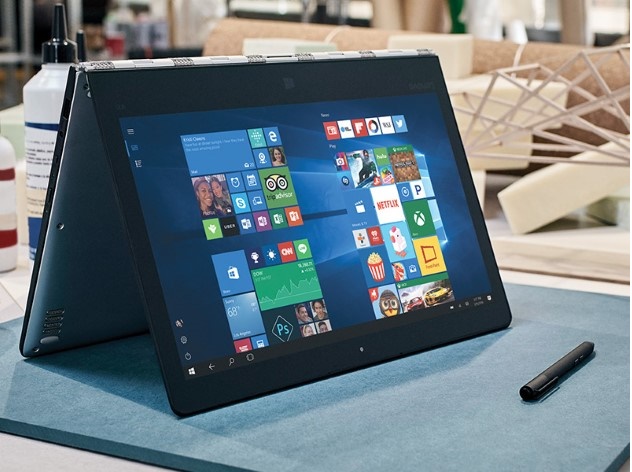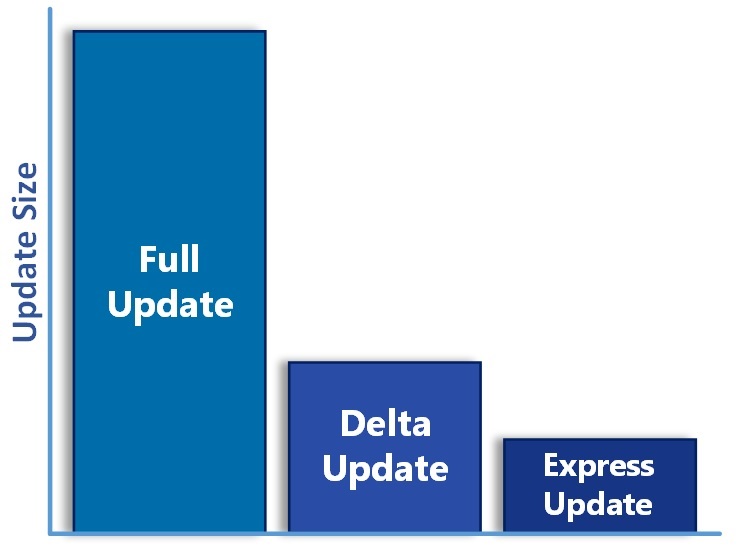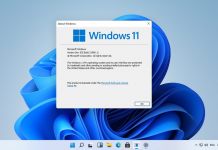In a note last week, Microsoft says it will discontinue delta updates for Windows 10 builds moving forward. The company says it will only use full and express updates from February 2019 as it seeks a more streamlined update model. Before continuing, it is worth highlighting what each specific update package has been used for. In its announcement, Microsoft explains the difference between Windows 10 delta updates and full and express updates:
“Full updates have all the necessary components and files that have changed since the last feature update. We refer to this as the latest cumulative update, or LCU. It can quickly grow to a little over 1 GB in size, but typically stays that size for the lifetime of that supported version of Windows 10. Express updates generate differential downloads for every component in the full update based on several historical bases. For example, the latest May LCU contains tcpip.sys. We will generate a differential for all tcpip.sys file changes from April to May, March to May, and from the original feature release to May. A device leveraging express updates will use network protocol to determine optimal differentials, then download only what is needed, which is typically around 150-200 MB in size each month. Ultimately, the more up to date a device is, the smaller the size of the differential download. Devices connected directly to Windows Server Update Services (WSUS), System Center Configuration Manager, or a third-party update manager that supports express updates will receive these smaller payloads. Delta updates include only the components that changed in the most recent quality update. Delta updates will only install if a device already has the previous month’s update installed. For example, assume in May that we changed tcpip.sys and ntfs.sys, but did not change notepad.exe. A device that downloads the delta update will get the latest version of tcpip.sys and ntfs.sys, but not notepad.exe. Delta updates include the full component (not just the individual files) that changed. As a result, they are larger than express updates, often around 300-500 MB in size.”
Discontinued
Microsoft argues Windows 10 delta update roll outs are no longer necessary because express updates now support third-party update managers. Express updates also don’t require the previous month’s patch to be deployed. Previously express updates were limited to devices connected to Windows Update or Windows Server Update Services. Now those limitations are no longer in place (since Jan. 2017) delta releases have become obsolete. Microsoft says delta updates have been released since last year to give customers time to prepare for the change. The company says the following Windows 10 builds are still compatible with delta updates:
Windows 10, version 1607 (Redstone, Anniversary Update) Version 1703 (Redstone 2, Creators Update) Windows 10, version 1709 (Redstone 3, Fall Creators Update) Windows 10, version 1803 (Redstone 4, April 2018 Update)
Delta updates will not be used for the upcoming Redstone 5. Microsoft says once support for the Windows builds listed above ends, delta updates will be removed permanently.





